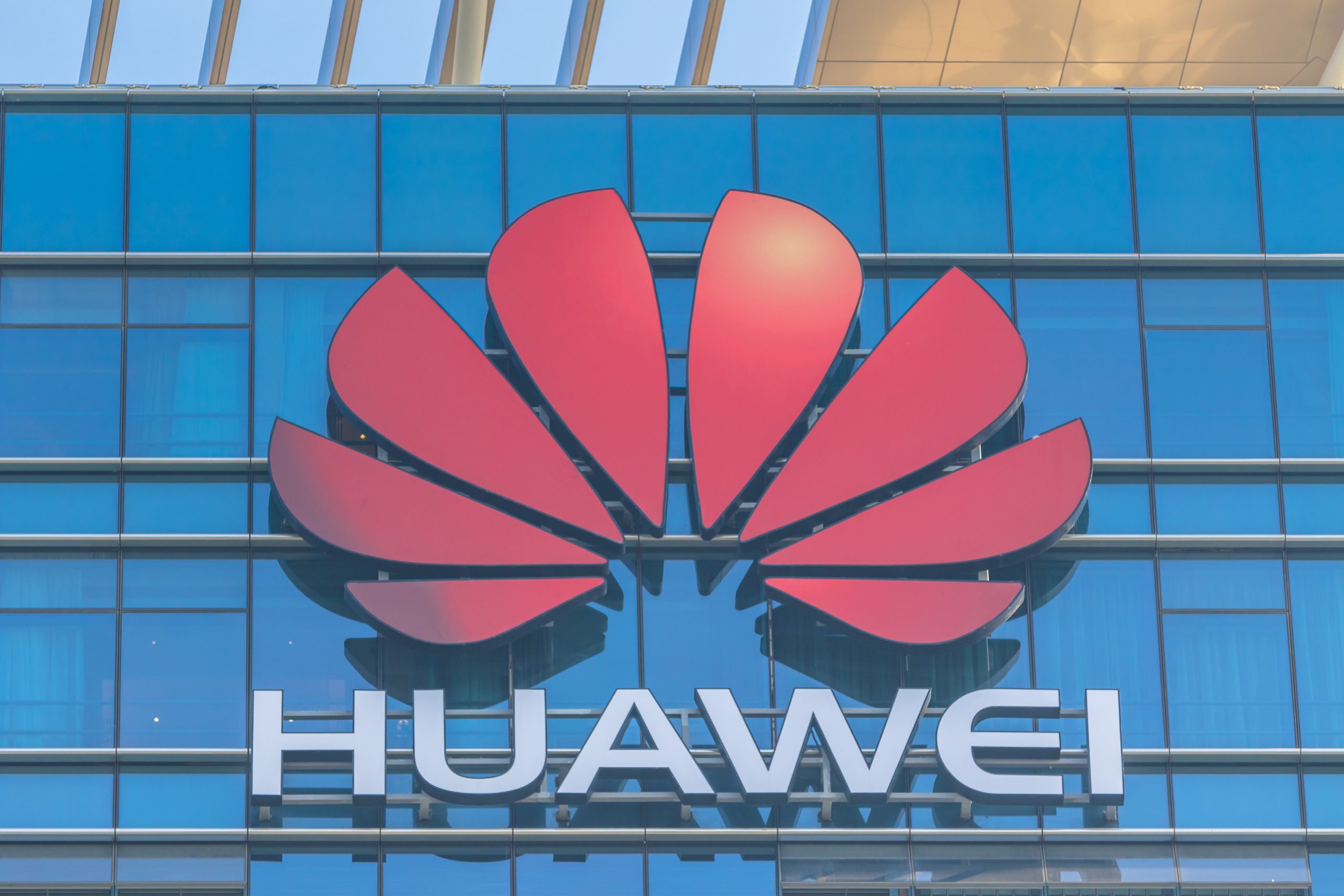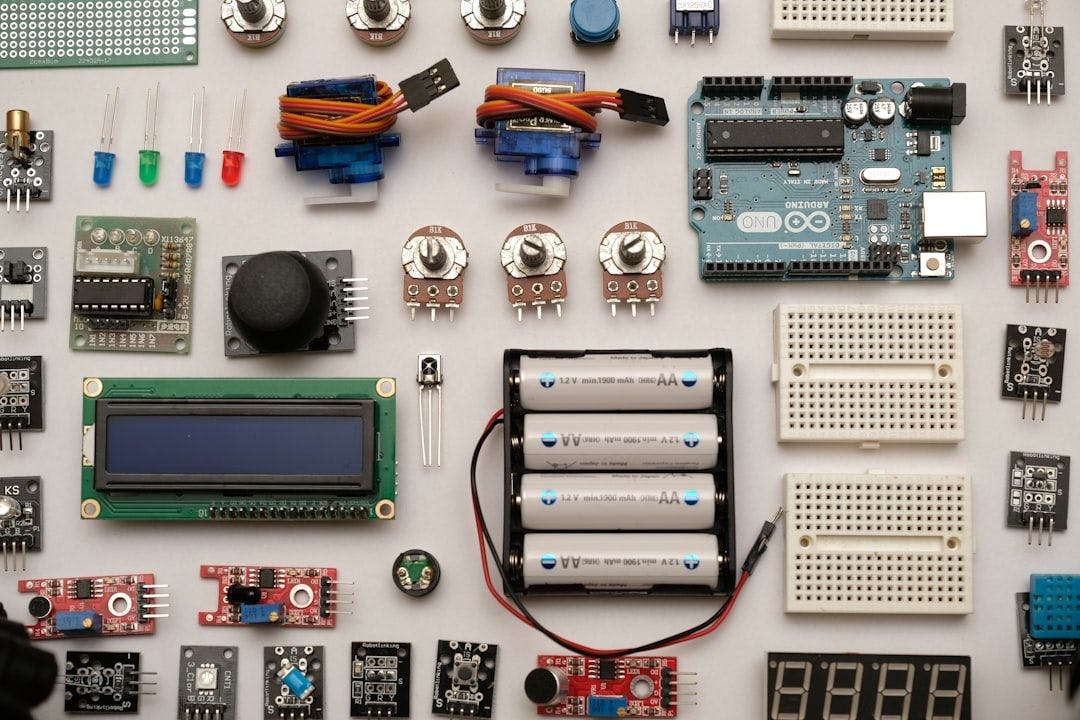In the history of startup funding, SoftBank’s announcement today that it is backing an investment of up to $40 billion in OpenAI is in a league of its own.
No other financing even comes close.
The next-closest was another OpenAI deal: Microsoft’s $10 billion financing in 2023. That was not a traditional startup financing round, however, as the money in it is to be paid over an extended period and includes a strategic partnership.
After that comes another SoftBank deal, a multifaceted 2019 WeWork financing totaling $9.5 billion. That deal, also unusually structured, ultimately proved unsuccessful as WeWork filed for bankruptcy four years later and re-emerged from the process last year.
SoftBank’s OpenAI financing also has a quirky structure
Unsurprisingly, the OpenAI deal announced today will not be a straightforward venture investment.
Rather, SoftBank plans to build a syndicate of co-investors to provide $10 billion of the total. SoftBank expects to fund the other $30 billion, with OpenAI reportedly expected to receive the full $40 billion by the end of the year.
As one would expect, the deal also sets a hefty valuation for 10-year-old OpenAI, contingent upon conditions for restructuring its for-profit subsidiary. When that happens, OpenAI will have a post-money valuation of $300 billion, per the agreement, making it by far the most valuable private, venture-backed company founded in the past 10 years.
A historic period for high valuations
The Softbank-OpenAI tie-up comes amid a historic period for ultra-large startup financings at stratospheric valuations.
Currently, at least seven U.S. venture-backed, private companies have last reported valuations over $45 billion. Several are also reportedly on the verge of new financings at much higher values.
Here are the frontrunners:
- SpaceX: Founded in 2002, Hawthorne, California-based SpaceX is no longer a startup. However, it is the most highly valued U.S. private, venture-backed company, hitting a reported $350 billion valuation in a secondary share sale late last year.
- Stripe: Payments infrastructure provider Stripe, based in South San Francisco, garnered a $91.5 billion valuation for a tender offer it announced with the aim of providing liquidity to current and former employees.
- Databricks: San Francisco data analytics platform Databricks confirmed in January that it completed a previously announced $10 billion in Series J equity financing at a $62 billion valuation.
- xAI: The last round for 2-year-old xAI was a $6 billion November Series C at a reported $50 billion valuation. In February, the company was reportedly discussing a roughly $10 billion funding round at a $75 billion valuation.
- Anthropic: The generative AI heavyweight secured a $61.5 billion valuation in March when it raised $3.5 billion in a round led by Lightspeed Venture Partners.
- Waymo: Alphabet’s autonomous driving spinoff closed a $5.6 billion Series C last summer at a reported valuation of $45 billion.
A long cycle
The trend of ever-rising valuations for private venture-backed companies is showing some longevity. While in the past, companies felt pressure to go public or find some other exit avenue after crossing a certain valuation threshold, investors today seem more willing to hold private company shares for an extended period.
Looking at how the values of many of these shares have grown in recent quarters, it hasn’t worked out too badly.
Illustration: Dom Guzman
Stay up to date with recent funding rounds, acquisitions, and more with the
Crunchbase Daily.










